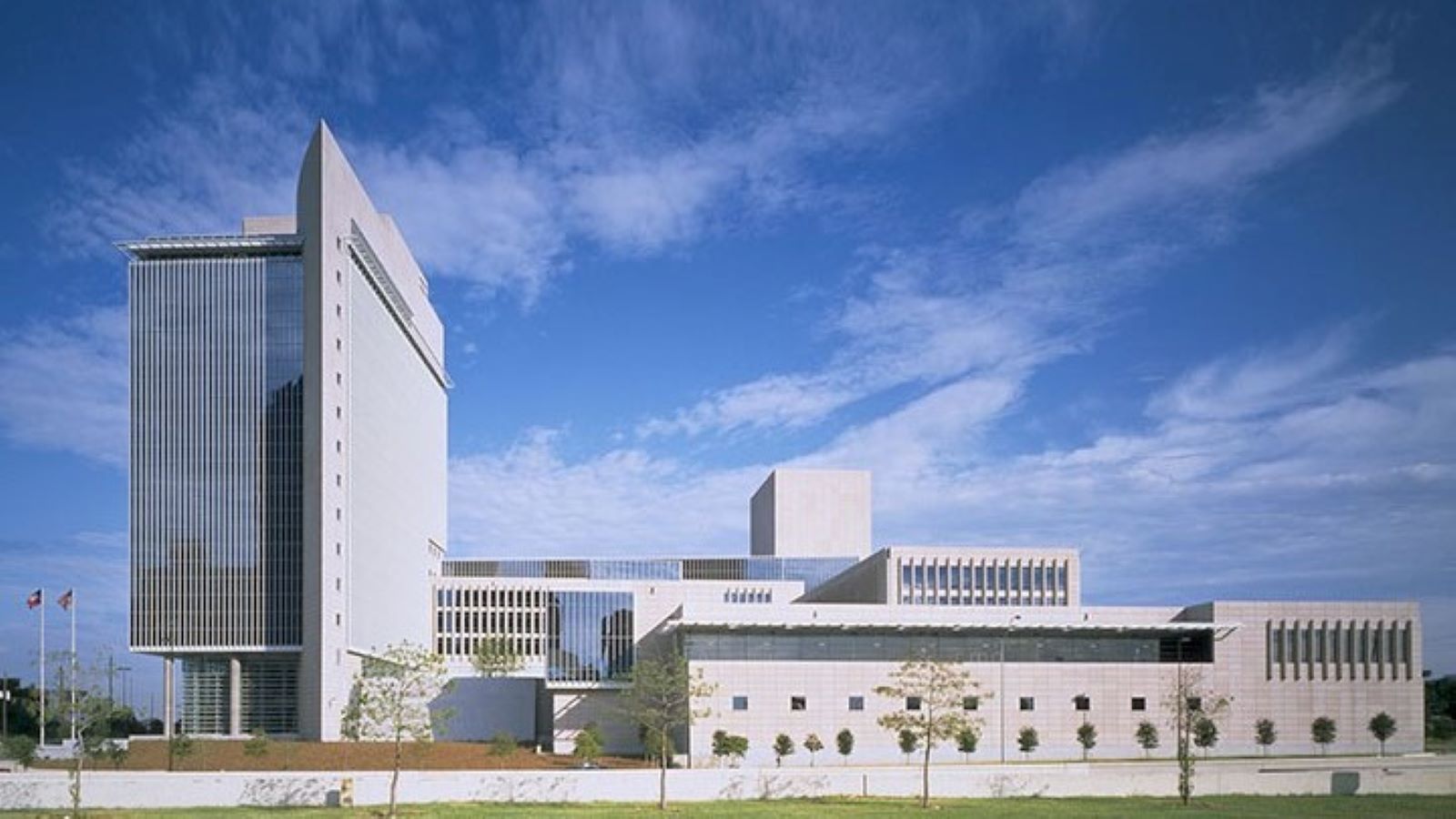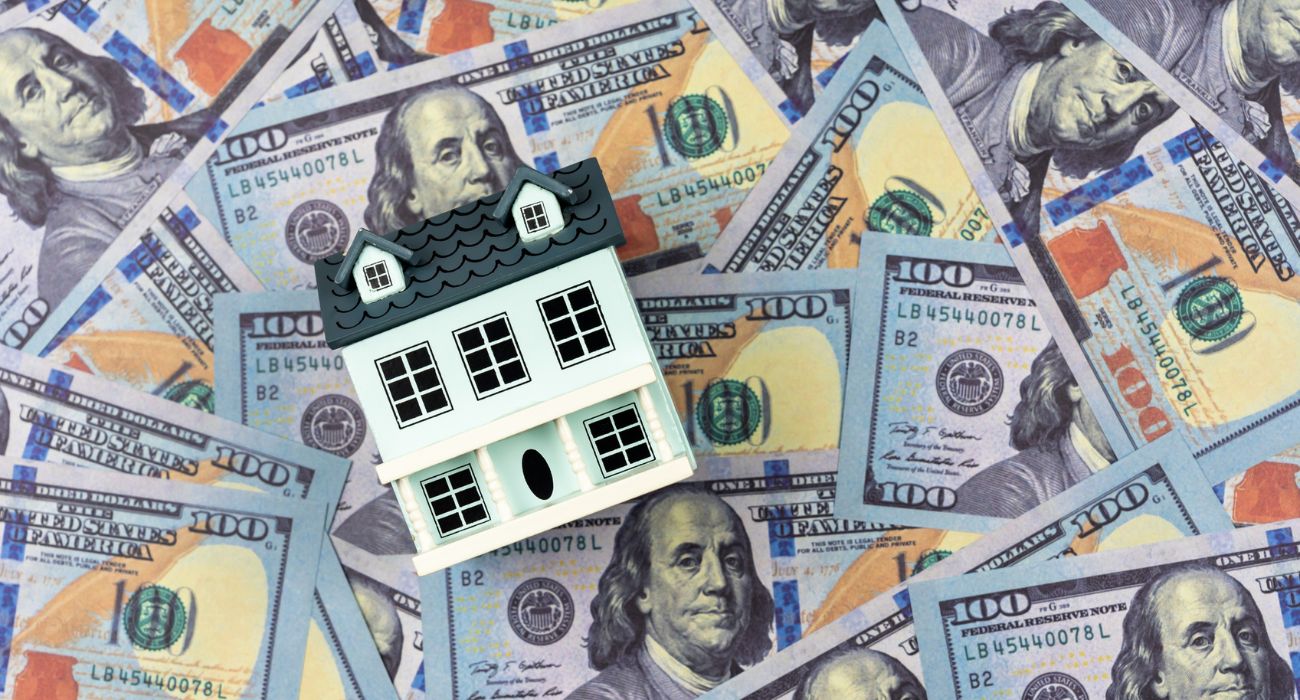After a grim housing bubble warning from the Federal Reserve Bank of Dallas last March, economists with the central bank are back to caution that the U.S. housing market faces more risk.
In March of 2022, economists at the Dallas Fed published a paper titled “Real-Time Market Monitoring Finds Signs of Brewing U.S. Housing Bubble,” which cautioned that home prices were likely to diverge from market fundamentals if there was a widespread belief that home price increases would continue.
The U.S. housing market is beginning to show reliable evidence of being in a bubble, Enrique Martínez-García, a senior research economist at the Dallas Fed, told Fortune at the time.
Using the “if it looks like a duck and it quacks like a duck” analogy, Martínez-García suggested in May 2022 that U.S. and European housing markets had all the telltale signs of being in a housing bubble.
At the same time the Dallas Fed published its housing bubble warning, the U.S. Central Bank went on to issue its first interest rate increase in its fight against inflation. As the pace and size of interest rate hikes increased throughout 2022, housing prices saw a blowoff top and quickly began to fall.
A year later, the Dallas Fed published a follow-up paper titled: “Threat Of Global Housing Slide Looms Amid Rising Rates.”
“While house-price growth has recently begun to moderate — or, in some countries, to decline — the risk of a deep global housing slide persists,” Dallas Fed economists Lauren Black and Martínez-García wrote in the paper.
At the beginning of March, worries of a longer rate cycle began to swirl about, spilling over into the home loan market and causing mortgage rates to shoot higher.
On March 2, 2023, a 30-year fixed mortgage rate jumped back above 7%, the first time since October 2022, according to the Mortgage News Daily rate index. This sudden jump to a 7% mortgage rate stemmed from renewed fears that inflation would rebound higher in the coming months and ultimately elicit additional rate hikes.
The correction needed to bring the U.S. in line with its home price fundamentals is a decline of 19.5%, according to the Dallas Fed.
“Achieving a soft economic landing — taming inflation and avoiding a recession, as the Fed accomplished in 1994 — cannot be taken for granted given that further monetary policy tightening can increase the household mortgage debt … and boost the odds of a severe house price correction,” Dallas Fed economists wrote in the February paper.







Lower home prices will be reflected on lower property tax revenue. Lower property tax revenue will mean that counties, school districts and such will have less revenue.
If this downward trend continues, we will see strains on those government funded entities.
Unfortunately, many people do not know the history of The Federal Reserve. If they did, they would be alarmed.
G. Edward Griffin‘s book: The Creature from Jekyll Island gives details of how The Federal Reserve was concocted by rich elite…and ‘coincidently’ the Federal Income Tax was enacted during that time period.
It’s a Big Club and You ain’t in it.
Recorded May 14th-16, 2008 at the 44th Annual conference on Bank Structure and Competition hosted by the Federal Reserve of Chicago. Gary Franchi, Managing Editor of Republic Magazine, interviews Jerry Nelson, Corporate Communications for the Federal Reserve.
One of the questions which Gary Franchi asked was:
“People have often questioned about the Federal Reserve being a private bank or a private corporation.
Is that in fact true?”
Jerry Nelson’s ANSWER: “It is. …We are literally owned by the banks in our district….”
Other QUOTES from Nelson
“…the insatiable foreign demand for our $100 dollar bills. They don’t use them as a medium of exchange overseas. They use them as a store of value. (countries listed)…”
“…a hundred dollar bill costs us 7 cents…in the interim, American commerce and industry doesn’t give them away. We are getting 100 dollars worth of something…Belgium chocolate, French wine…for something that costs us 7 cents. It is not a bad markup…They can have all they want. Almost none never comes back….”
SOURCE
Gary Franchi interviews Chicago Federal Reserve Bank’s Jerry Nelson (circa 2008)
(15 minutes)
https://www.youtube.com/watch?v=Ac-_pMb1-vQ